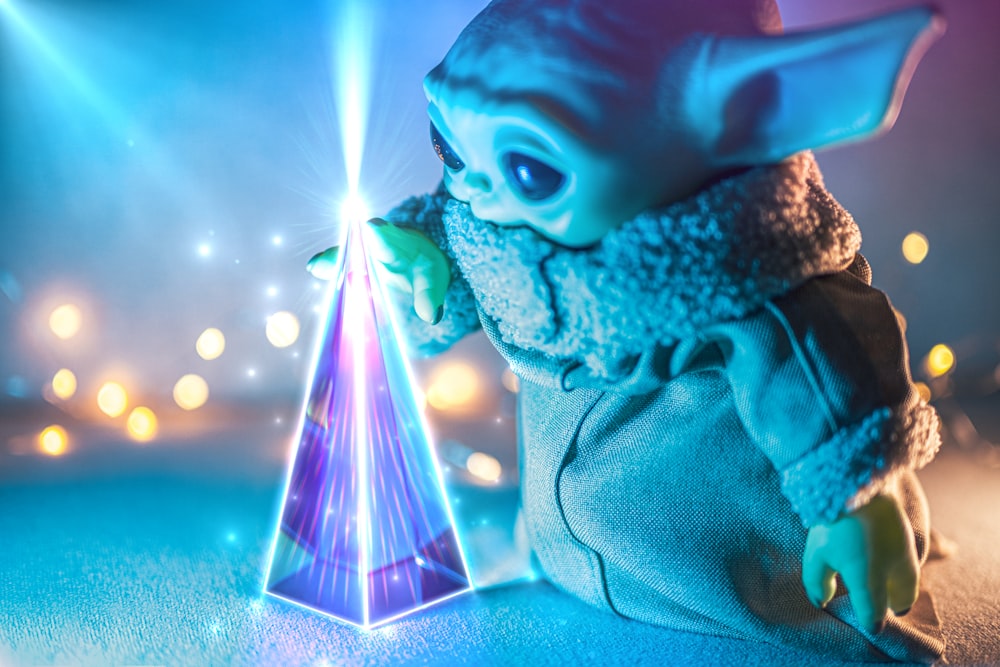
"Take a scientific fact or theory, add a futuristic or other-worldly setting, stir in an imaginative plot and fascinating characters, and a science fiction novel emerges from the cosmic mix". -Yvonne Coleman
Science fiction is one of the most popular literary genres at the moment. It’s one of the most imaginative genres to write, your creativity as limitless as the universe with no strict rules to hinder your vision. That being said, however, there are some elements that need to be included in your writing to make it fall into the sci-fi category.
Before writing science fiction, make sure you read it! By reading and studying the speculative authors you love, you can sharpen your craft and be inspired to write even more.

Even if you are a science fiction wordsmith already, it never hurts to refresh yourself on the basics. You might be inspired to use elements you’ve never used before to challenge yourself in a new writing exercise. As a writer, you can never write too much, and your time writing is never wasted, even if it never sees the light of day.
One of the key distinctions to learn as a writer of science fiction is the difference between hard and soft science fiction.
- Hard science fiction is based on scientific facts surrounding “hard” sciences like astronomy, physics, astronomy, and engineering, to name a few. With this genre, you are slightly more limited, as readers expect realistic science weaved in with the fictional aspects. If you aren’t well-versed in hard science, you might prefer writing soft science fiction. Try authors like Isaac Asimov, Arthur C. Clarke, and H.G. Wells for a taste of this genre.
- Soft sci-fi gives you more leeway as a writer if you don’t have that chemistry degree, as it can focus on “soft” sciences like anthropology, psychology, or sociology. The science in this genre can be made up or fictional, as soft sci-fi is more plot and character-driven. Authors like Ursula K. LeGuin, Lois Lowry, and Frank Herbert are perfect examples of “soft” sci-fi writers.
There are also dozens of subgenres of sci-fi as well! Click here to read an in-depth article I wrote on the blog about the subgenres of sci-fi. This might also get your creative wheels turning to help you draft an out-of-this-world story, novel, or poem.
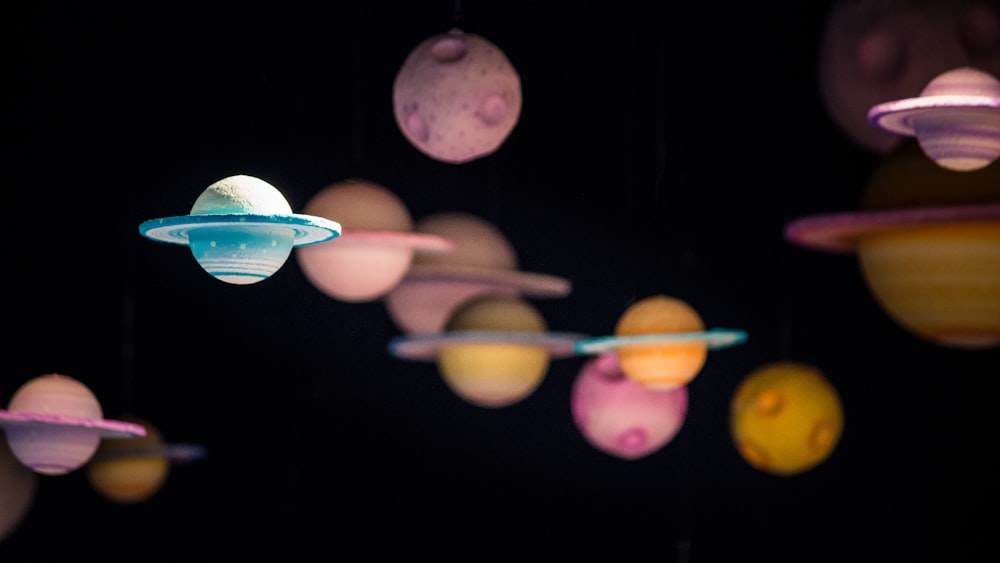
Some tips before writing:
- Draw inspiration from real life. Take a look at what’s happening in modern science and technology, then speculate how it might evolve years into the future, and how it would impact society. This will also help keep your science and technology somewhat tethered to reality. Otherwise, you’re venturing into fantasy territory.
- Research. Even though sci-fi does have many speculative elements, you still want the world you craft and its science and technology to be believable to your reader. Help keep your reader engaged in the world you have created with sensory details that will keep them immersed page after page.
- Be consistent. Create your world and its rules, and stick to it. Even if the technology in your book is made up, or if your characters have powers, for instance, don’t make up the rules and then change them as you go along. Stay consistent and explain how the technology works, or explain how your characters got their powers and how they work.
With those ideas in mind, let’s check out some important elements to consider when writing science fiction.
Colonization
In 2021, colonizing another planet isn’t actually that far off, if you believe Elon Musk. Since the 1950s, science fiction has been celebrating the pioneer spirit in the cosmos. While there are hopeful stories about colonization, most novels place colonies in dystopian territory, where once utopian ideals come crashing down.
Read: Planetfall by Emma Newman
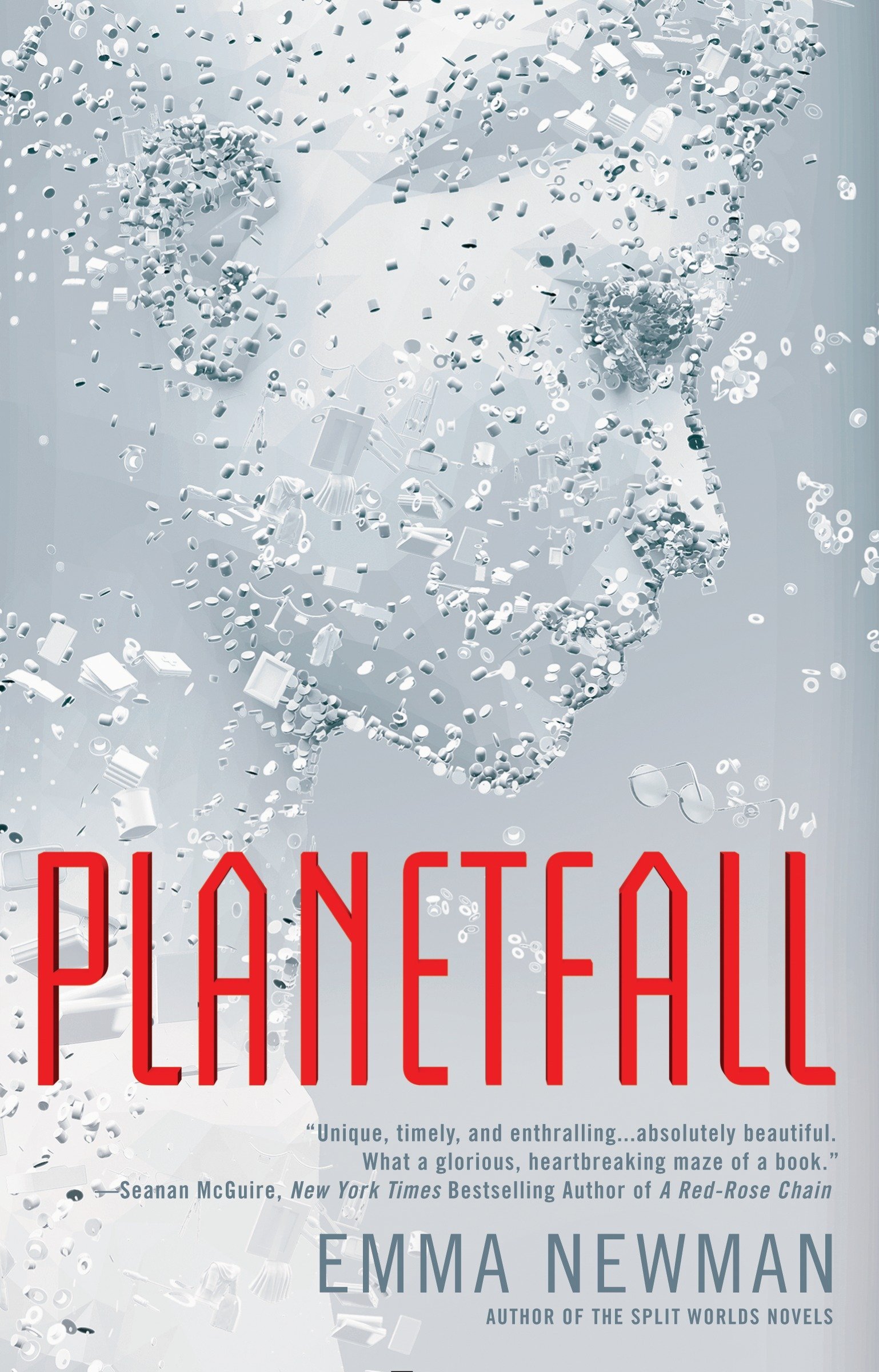
Extraterrestrial Life Forms
Even though we know now that other life exists in the far reaches of the infinite universe, meeting non-human creatures is still a point of speculation. Many of these stories subscribe to the “first contact” narrative, as it helps readers imagine the impacts of such an encounter in our world.
Read: Contact by Carl Sagan

Fictional Worlds/Planets/Galaxies
Science fiction readers are ready to immerse themselves in alternate realities and settings. Creating an authentic world for your characters to live in is a must. In science fiction, world-building is essential to bring your genre to life for your reader.
Read: Dune by Frank Herbert
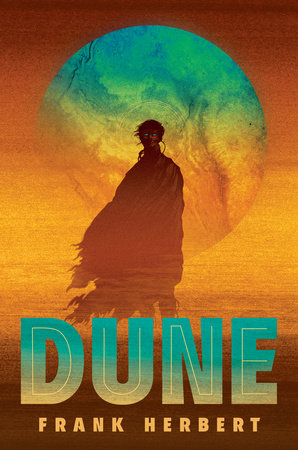
Futuristic Technology
The phrase “what if” is the underlying idea of speculative literature. With futuristic technologies, you can examine the possibilities and their far-reaching consequences on humanity. With so many new technological advances on the scene, you’ll have tons of inspiration to draw from.
Read: Neuromancer by William Gibson
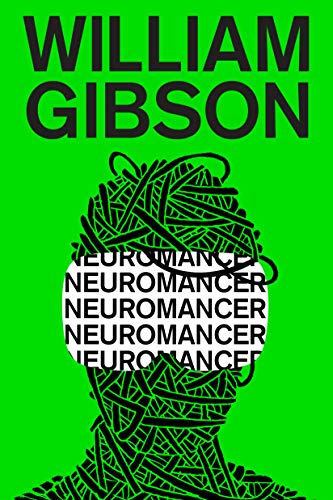
Interplanetary Wars
Who doesn’t love Star Wars or Star Trek? Blasters a’blazin, hyperspeeding across the galaxy tracking your enemies...what’s not to love?
Read: Metaplanetary: A Novel of Interplanetary Civil War by Tony Daniel
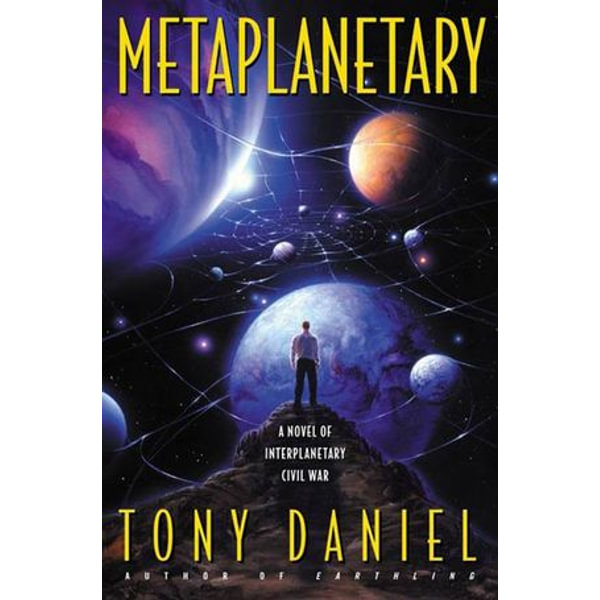
Mind control/Telekinesis/Telepathy
If there was ever a place to speculate, it’s the mind. A beloved element of science fiction is the ability to read minds, move things with your mind, or control people with your mind. This topic is also great for exploring dystopias where a central “evil” overcomes its people with mind control.
Read: A Clockwork Orange by Anthony Burgess

Parallel universes
The concept of the “multiverse” is surprisingly not attributed to modern science or comic books; Duchess Margaret Cavendish actually wrote about parallel universes in her 17th-century novel, A Blazing World. Since then, it has been a dominating theme in science fiction, as the possibilities with this topic are, well, infinite.
Read: Infinite by Brian Freeman

Robots/AI/Superintelligence
While robots and AI are a part of our everyday life in the 21st century, there is still plenty of room for speculation. One of the recurring topics in sci-fi is the robots rising above humans and subjugating them.
Read: I, Robot by Isaac Asimov
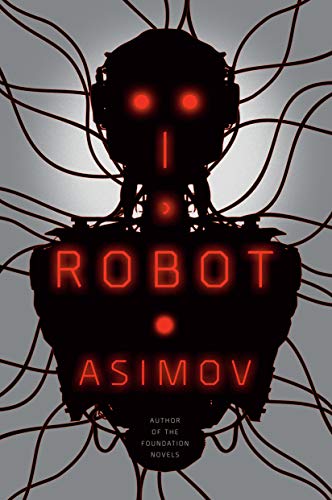
Teleportation
While humans can’t yet teleport, it is possible on the subatomic level in quantum physics, making this a great jumping-off point to speculate what is achievable. Instantly being anywhere in the galaxy in seconds? Beam me up, Scotty.
Read: The Hitchhiker’s Guide to the Galaxy by Douglas Adams
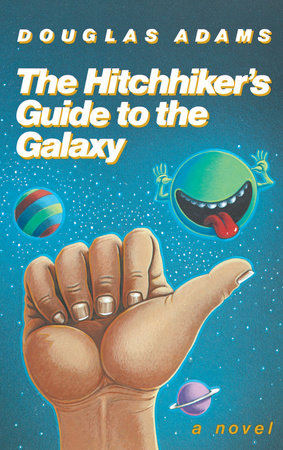
Time travel
A classic trope of sci-fi, time travel tourism is great fun to write. You can explore alternate histories, parallel universes, and futuristic technologies, to name a few.
Read: Miss Peregrine’s Home for Peculiar Children by Ransom Riggs
